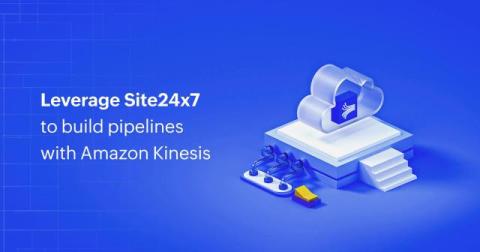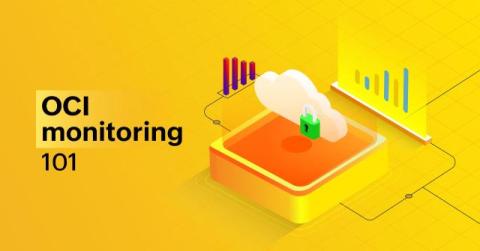Insights from the Gartner Magic Quadrant for AI Applications in ITSM
On October 9, 2024, Gartner released its first-ever Magic Quadrant dedicated to AI applications in IT Service Management (ITSM). As artificial intelligence continues reshaping ITSM, Gartner's recent report takes a close look at how AI is impacting the tools and practices businesses use to deliver support. Artificial intelligence is helping IT IT Service Management (ITSM) shift into a faster, more efficient process that’s set up to handle increasing demands.











